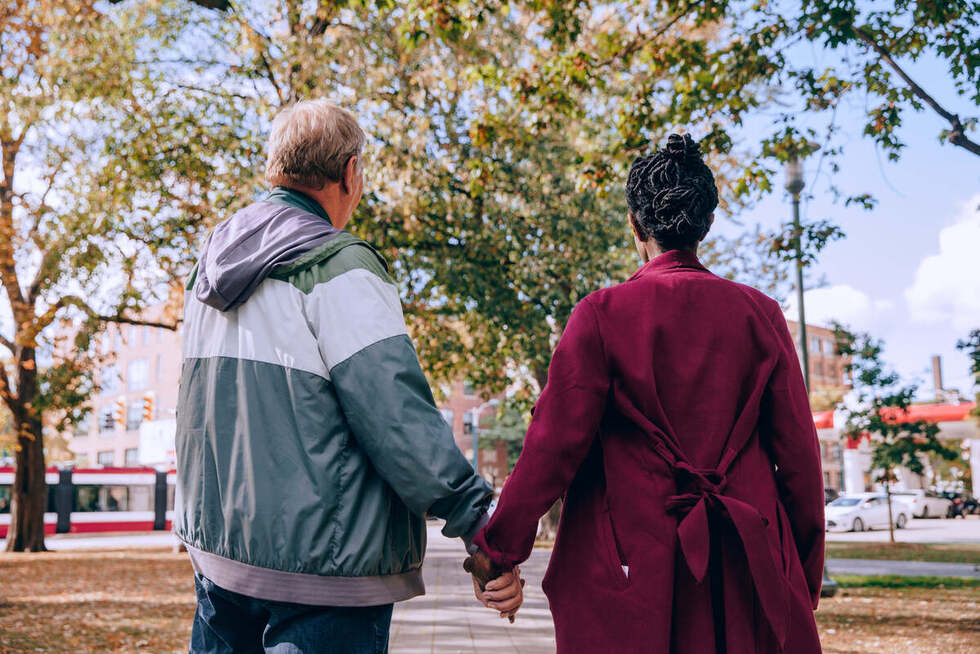Will Your Non-US Spouse be Able to Receive Survivor, Dependent, or Spousal Benefits?

It’s not uncommon for a US Expat to marry an individual who is not a US Citizen. One major concern of US Citizens with a Non-US Spouse is whether or not the spouse will be able to collect survivor benefits once the US Citizen passes away.
These are examples of the benefits that survivors may receive:
- Widow or widower, full retirement age or older -- 100 percent of the deceased worker's benefit amount;
- Widow or widower, age 60 -- full retirement age -- 71½ to 99 percent of the deceased worker's basic amount;
- Disabled widow or widower aged 50 through 59 -- 71½ percent;
- Widow or widower, any age, caring for a child under age 16 -- 75 percent.
- A child under age 18 (19 if still in elementary or secondary school) or disabled -- 75 percent.
- Dependent parent(s) of the deceased worker, age 62 or older:
- One surviving parent -- 82½ percent.
- Two surviving parents -- 75 percent to each parent.
There are various rules surrounding Social Security distributions to a surviving spouse, and each country is different, so you’re encouraged to research the country in which you reside to see if there are any rules or restrictions. As far as the United States is concerned, you need to have contributed to the US Social Security system for at least 10 years in order to receive benefits. You must also be at least 62. If you wait until you are 70 to begin receiving benefits, you will receive a much higher amount. If you are living in Cuba or North Korea, you will not be able to receive Social Security benefits. Once you move out of these countries, though, you will begin receiving benefits and you will receive the payments that were withheld (assuming you don’t move to another country in which payments may not be sent which are listed below).
Other countries to which payments may not be sent include: Azerbaijan, Belarus, Georgia, Kazakhstan, Moldova, Tajikistan, Turkmenistan, Ukraine, Uzbekistan, and Vietnam.


